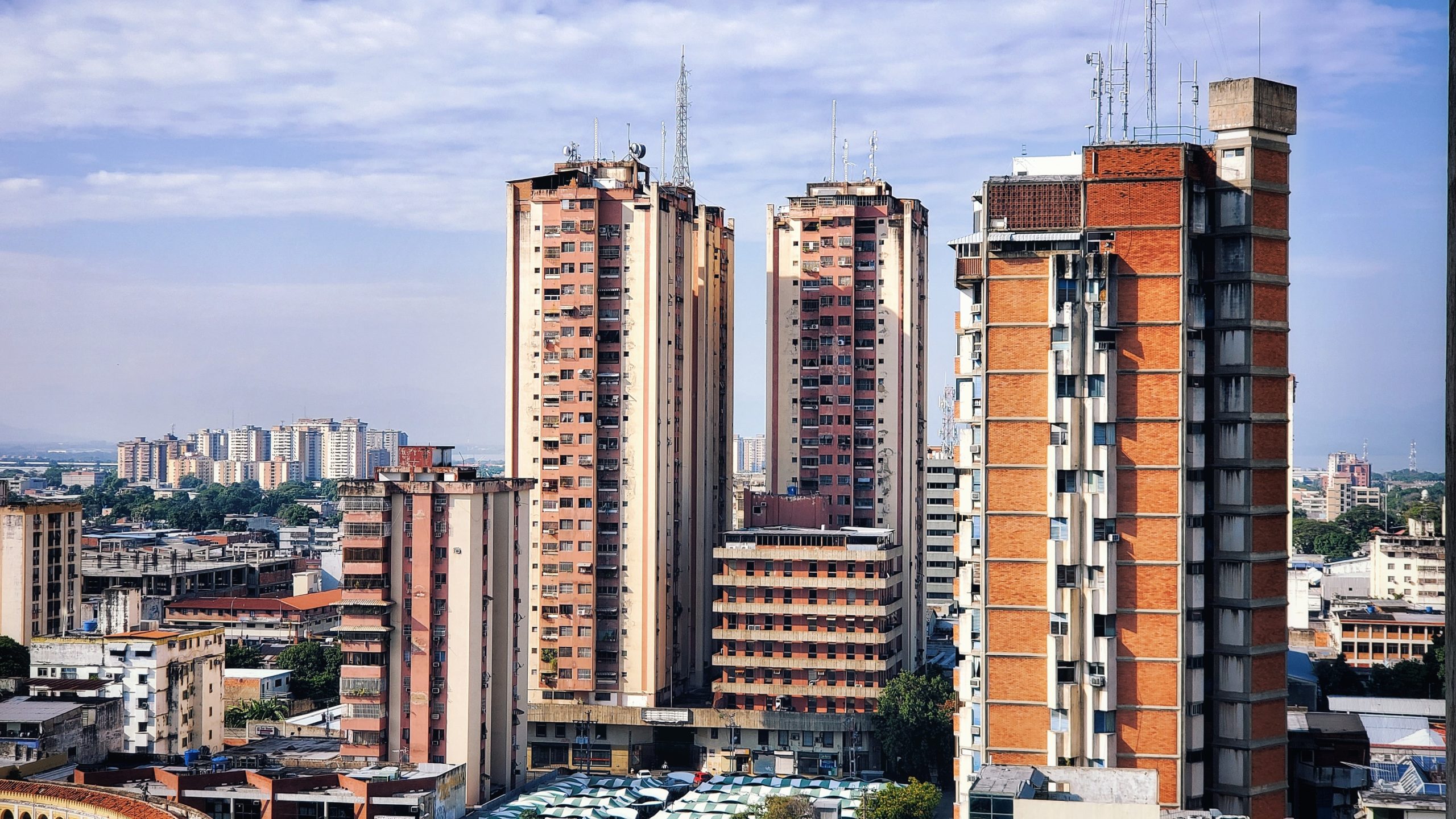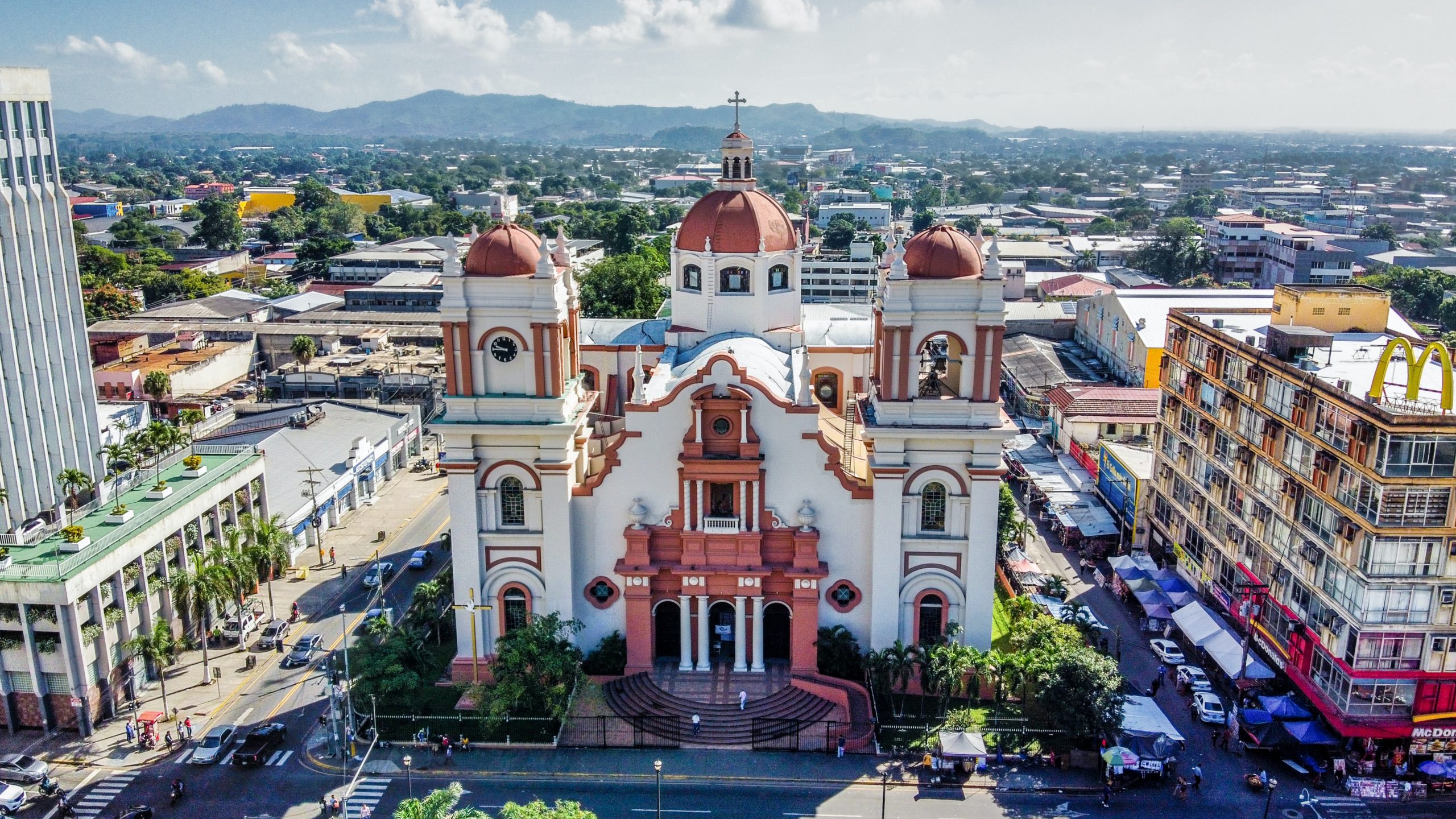Kosovo is the youngest European nation in every sense of the word, with a population that is over 70% younger than 35. Its demographics are what every nation hopes for. It is a lively area, full of young people who have received Western-style education, know foreign languages, and are fast to adapt. Since the state only gained its independence in 2008, there is still a lot of undiscovered commercial potential. Kosovo is attracting more foreign investors since it has the Western Balkans’ fastest economic growth rate. The Western Balkans have become a popular destination for businesses looking for potential suppliers or to relocate manufacturing near EU member states.
Kosovo has lower labor costs than neighboring countries in Central and Eastern Europe due to a young population and unrestricted EU market access through the Stabilization and Association Agreement. 15.9% of people speak two or more foreign languages, compared to 28.2% who speak just one.
Kosovo, a “StartUp Nation,” has a lot to offer in terms of cutting-edge techniques, goods, and services, including 3D printing. Everyone is pursuing digitalization because it is the way of the future, including businesses, and public institutions. Kosovo is keeping up with these trends and provides many opportunities for nearshoring and outsourcing. Kosovo’s legal structure gives foreign investors the right to incorporation and national treatment in almost every sector of the economy, making it an ally for multinational firms offering lucrative incentives.

Market opportunities
Although the COVID-19 pandemic is believed to have caused a 5.3 percent yearly GDP decline, Kosovo’s remarkable economic rebound has raised its GDP above pre-COVID-19 levelsForecasts for 2022 economic growth are less optimistic, but still hopeful, given the expected high cost of energy imports, global supply chain disruptions, high inflation rates, and unpredictable energy output. The World Bank projects growth of between three and four percent in 2022, compared to the IMF’s prediction of 2.8 percent growth. Kosovo’s public sector finances and financial sector are both steady as of June 2022.
The nation continues to run a trade deficit because imports are so crucial for satisfying consumer demand. The home furnishings sector, mining, agriculture, and construction are some of the top domestic industries. Mattresses, scrap metal, nickel, and lead are Kosovo’s top exports. Kosovo welcomes investment in a range of industries, including:
Mining
Due to a lack of investment in machinery, facilities, and the creation of new mines, mining, once a significant economic driver in Kosovo, has lost its importance. The Independent Commission of Mines and Minerals (ICMM) has granted more than 500 exploration and mining licenses since 2007, and the sector offers a substantial potential for foreign investment. The largest mining business in Kosovo, Trepca, was formerly a socially owned corporation until the Kosovo Assembly enacted a law in 2016 making it a joint stock company. The government owns the vast majority of the stock.
Health
Kosovo has an urgent and expanding need for high-quality general and specialized medical and health services, staff, resources, and goods. Public-sector services still make up the majority of the industry, but private investment has recently surged. Many people from Kosovo visit neighboring nations in the area to get the urgent medical care they need. For outside investors, local solutions offer a potentially profitable opportunity. The Ministry of Health has bought more supplies to fight the COVID-19 pandemic, but Kosovo’s fragile healthcare system has struggled to keep up with the rapid increase in patients.
Waste management and recycling
Kosovo is a developing nation, and its garbage production has outpaced its capacity to handle it. All hazardous waste must be exported for proper management and disposal because illegal dump sites are frequent, landfills are inadequately built, and they are poorly maintained. Although recycling has just recently started in Kosovo, several businesses in specific niches have been able to make money there. To comply with EU standards, Kosovo will probably soon restructure its infrastructure for garbage collection, treatment, and storage.






